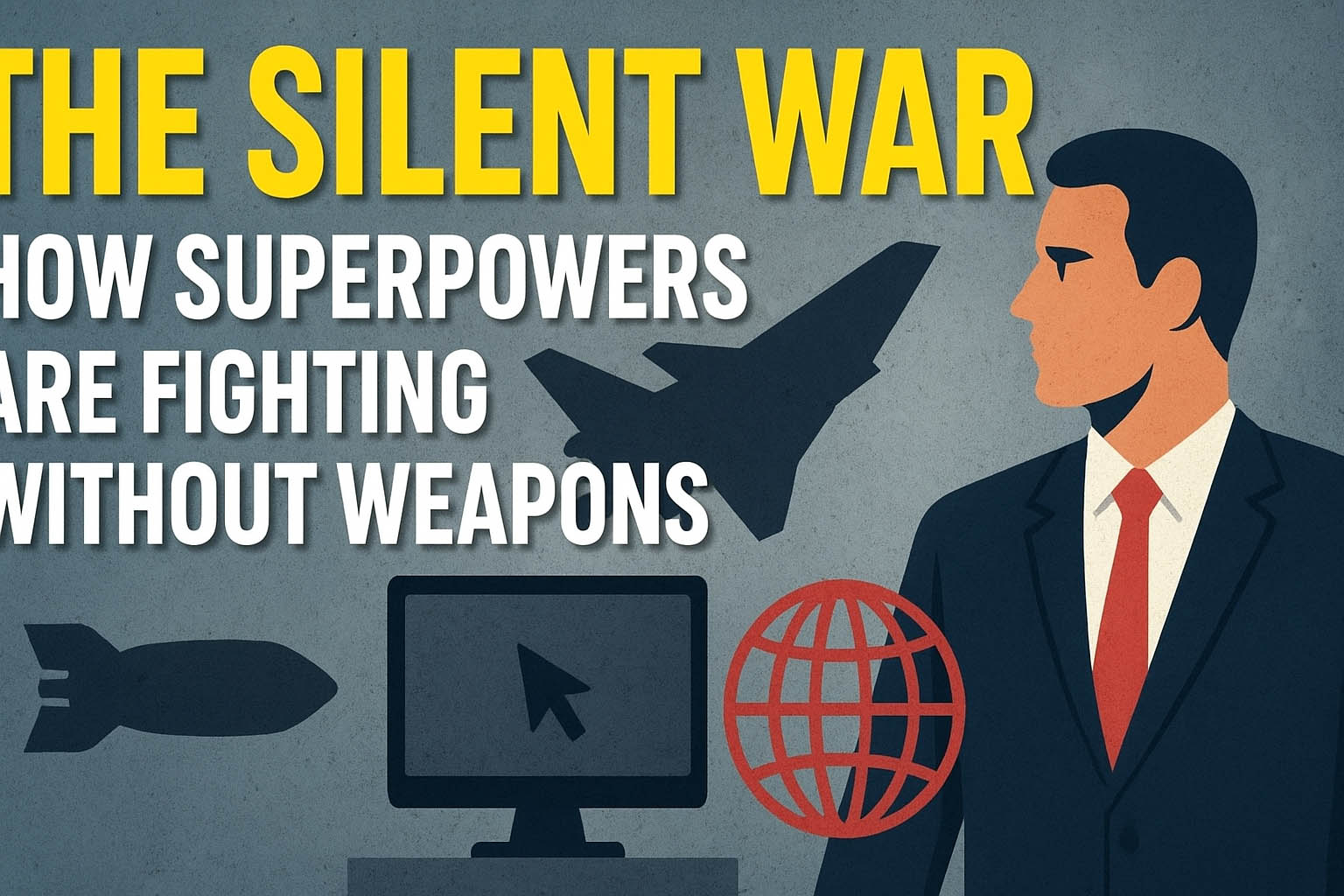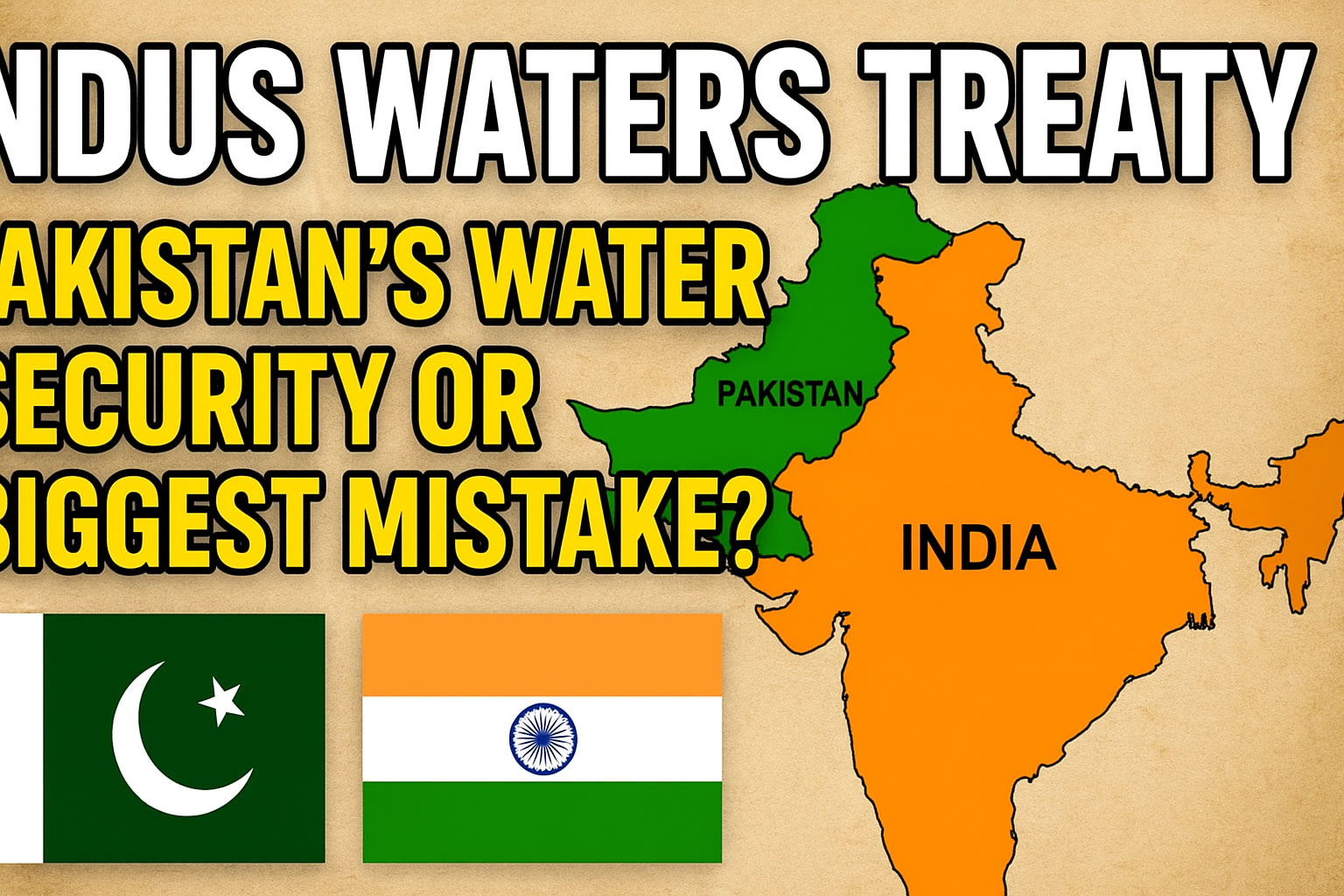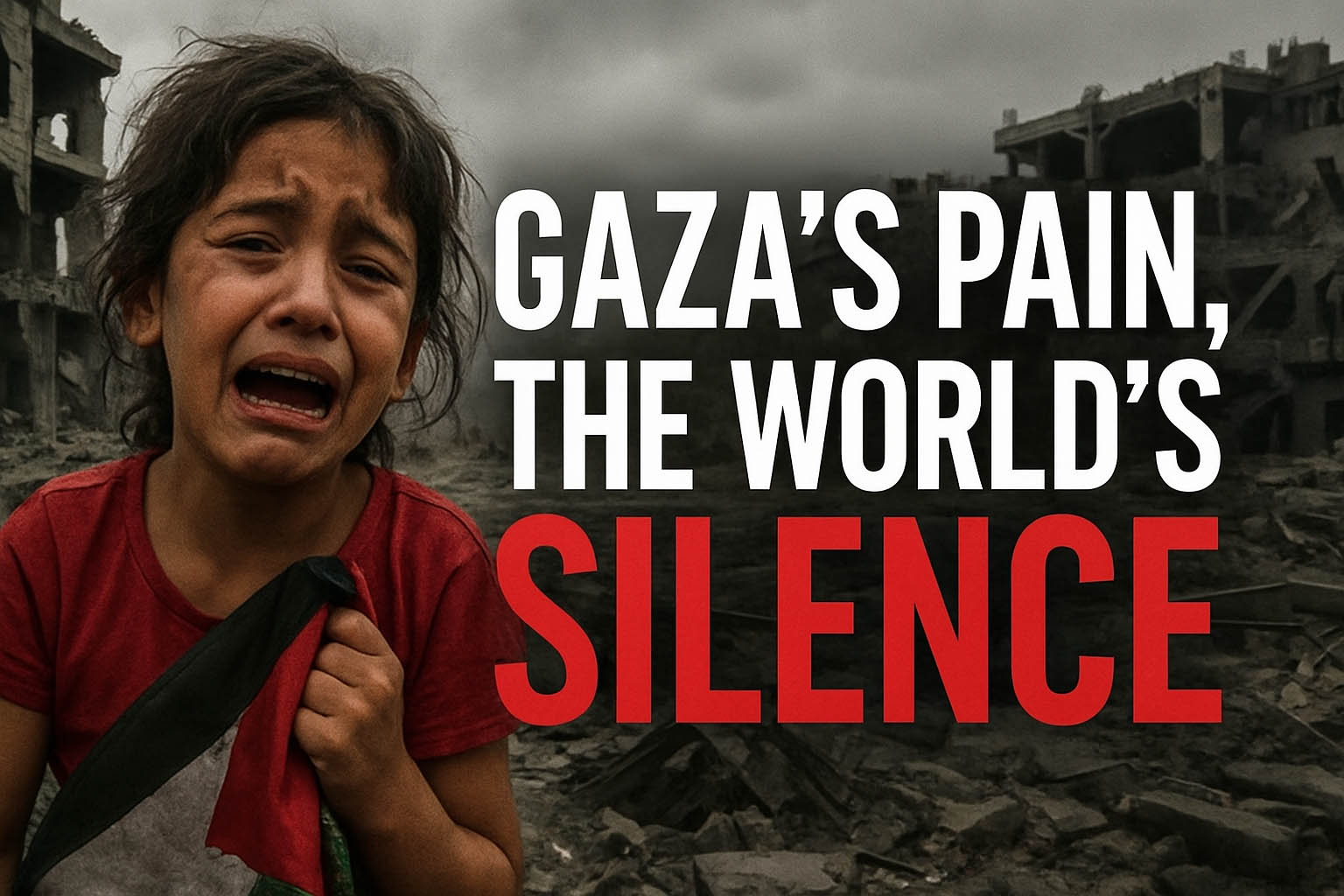When we think of war, images of battlefields, tanks, fighter jets, and nuclear weapons usually come to mind. But in the 21st century, the world’s most powerful nations are fighting a different kind of conflict—one that is invisible, bloodless, and fought without traditional weapons. This is the “silent war,” where superpowers use technology, information, economics, and influence to gain control over their rivals without firing a single shot.
From Battlefields to Boardrooms
Unlike traditional wars, where soldiers march and guns roar, today’s silent war is fought in boardrooms, cyberspace, and diplomatic circles. Instead of tanks, nations now deploy sanctions, trade restrictions, and financial pressure. Instead of bombs, they use algorithms, media campaigns, and data surveillance. The battleground has shifted from physical territory to digital platforms and economic systems, making this war far more subtle—and far more dangerous—than the wars of the past.
Cyber Warfare – The New Battlefield
One of the most significant aspects of this silent war is cyber warfare. Superpowers have invested heavily in developing their cyber capabilities. Instead of sending troops, they send viruses, malware, and hacking operations. A single cyberattack can cripple a nation’s power grid, disrupt its banking system, or steal state secrets worth billions. What makes cyber warfare especially dangerous is its invisibility—attacks are often undetected until it’s too late, and tracing their source is extremely difficult.
Information as a Weapon
Information has become one of the most powerful weapons in the silent war. Governments manipulate media narratives, spread propaganda, and use social media to shape public opinion both at home and abroad. Disinformation campaigns can create divisions within societies, influence elections, and weaken trust in democratic institutions. The battle for “hearts and minds” is no longer confined to war zones; it now takes place on every smartphone and television screen across the globe.
Economic Power Plays
Another front in this silent war is economic influence. Sanctions, tariffs, and trade wars are being used as tools to weaken opponents. For example, when one superpower cuts access to critical technologies or imposes restrictions on exports, it can slow down the growth of rival nations. Currency manipulation, control over global supply chains, and monopolizing rare resources like oil, gas, or microchips have become more effective than tanks and missiles. In this silent war, money is more powerful than bullets.
Technology and Surveillance
Technology itself has become a weapon. Nations are racing to dominate fields like artificial intelligence, 5G, and quantum computing. The country that controls these technologies will not only lead economically but will also dominate militarily and politically. At the same time, surveillance technology has enabled governments to track citizens, monitor opponents, and predict social unrest before it even happens. In many ways, this silent war is about who can gather and control the most data.
The Role of Diplomacy and Alliances
Unlike traditional wars fought by armies, the silent war is fought by building and breaking alliances. Superpowers compete to secure influence over smaller nations through investments, infrastructure projects, and strategic partnerships. Programs like international loans, development projects, and military training are not just about aid—they are about building long-term influence. Nations that win allies without fighting win the silent war.
Psychological and Cultural Influence
Culture has become another battlefield. Superpowers use movies, music, sports, and social media trends to project their values and ideals globally. This “soft power” creates loyalty and admiration that can be just as effective as military occupation. When people admire or adopt a superpower’s culture, they are more likely to support its political stance and economic products. Hollywood, global sports sponsorships, and tech platforms are not just entertainment—they are tools of influence in the silent war.
Why It Matters
The silent war matters because its impact is real, even if it is not visible. Cyberattacks can shut down hospitals. Economic sanctions can lead to food shortages. Propaganda can destabilize democracies. And technological dominance can determine the balance of global power for decades. Unlike conventional wars, which usually have clear beginnings and ends, the silent war is ongoing, with no peace treaties and no clear victory.
The Future of Global Conflict The silent war is redefining the way nations compete and survive. Traditional weapons still matter, but superpowers increasingly rely on strategies that avoid open conflict while still achieving domination. For ordinary people, the silent war may not be visible, but it affects jobs, security, freedoms, and even the way we consume information daily. Recognizing this reality is the first step toward understanding the true nature of modern global politics.



